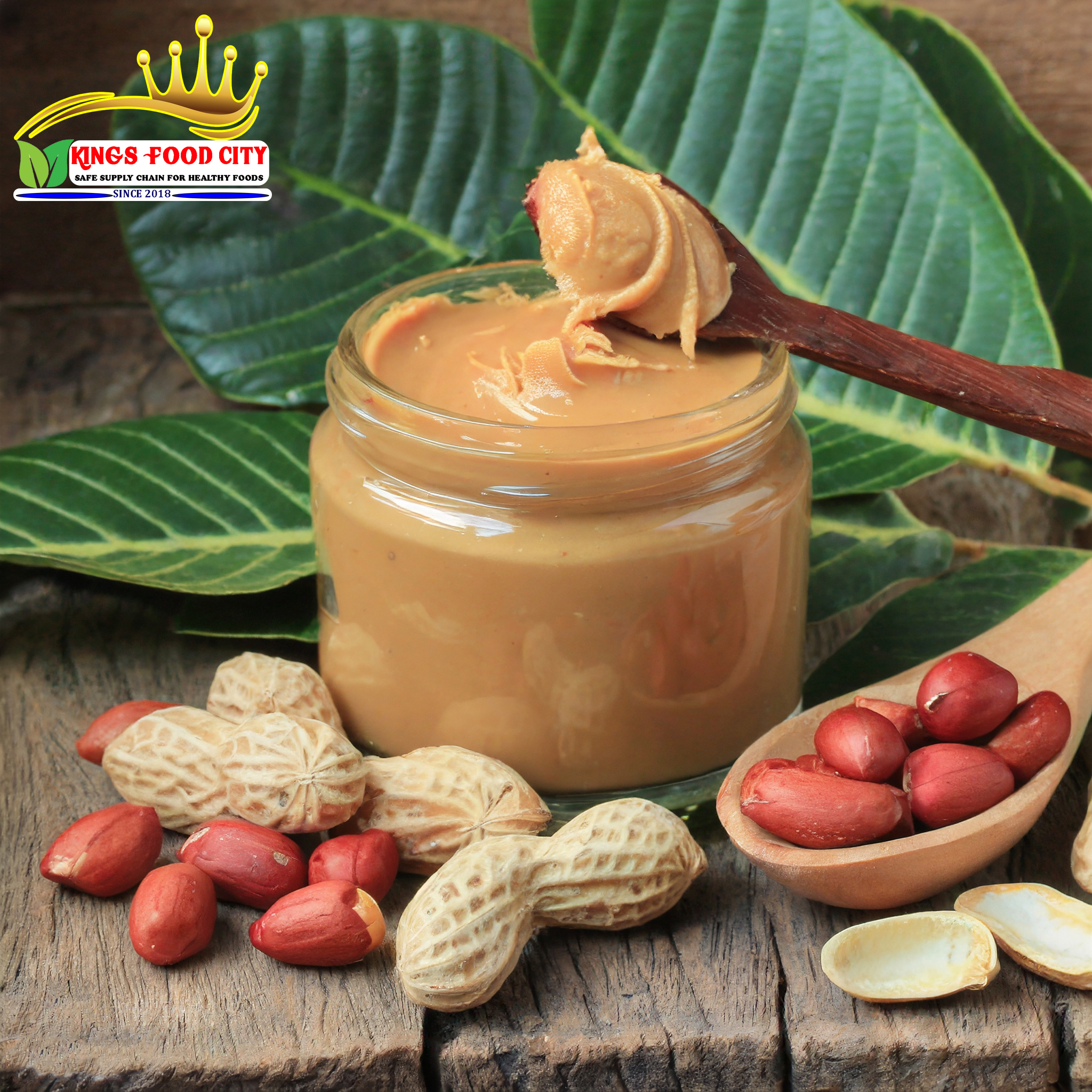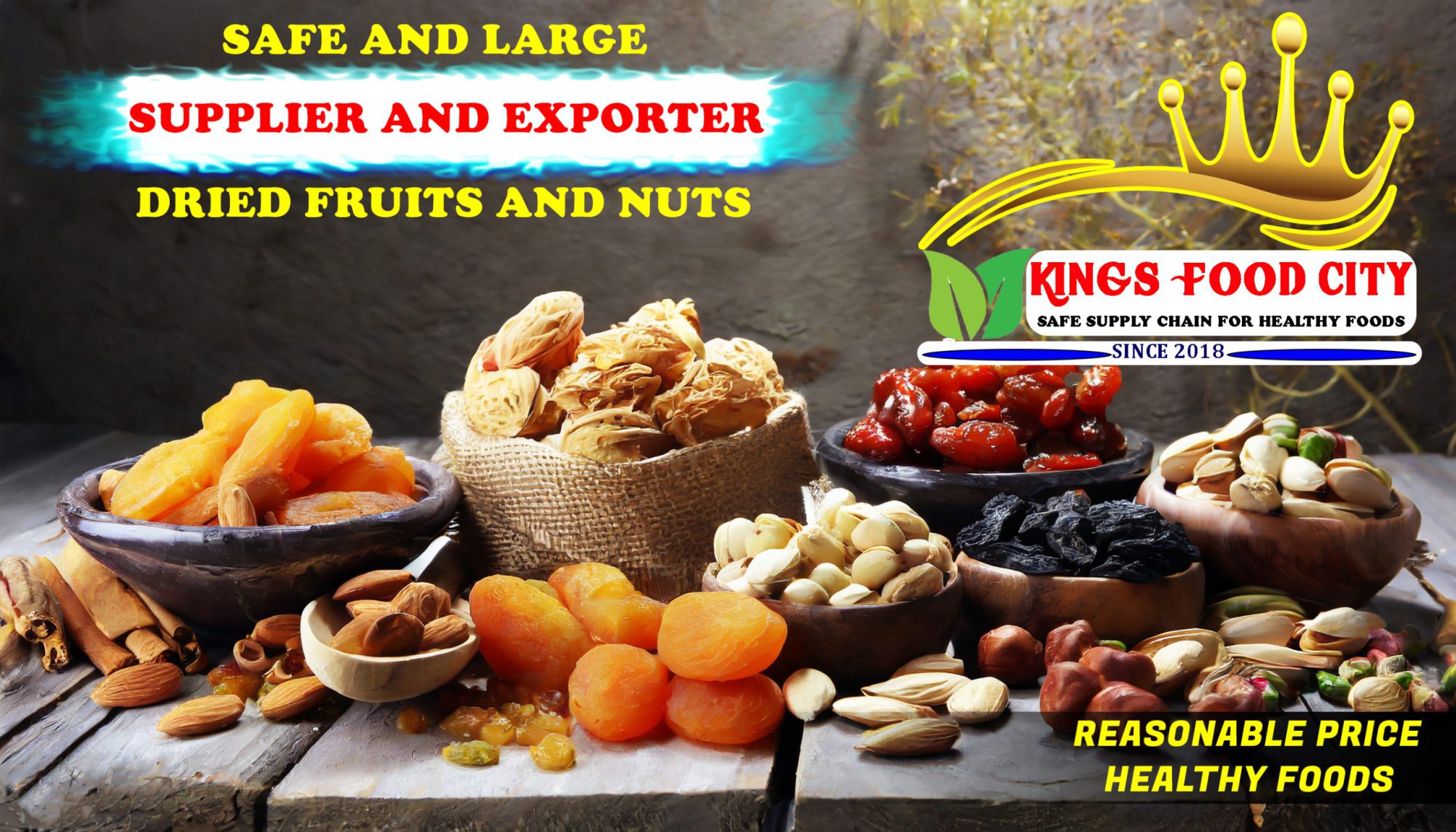
Origin and History of Peanut
Peanuts are one of the tastiest and most popular nuts in the world - a classic go-to snack loved by many. Believe it or not, they aren't actually nuts, but legumes! Peanut belongs to the legume family, including beans, lentils, and peas. Peanuts are believed to have originated in South America, where they were domesticated over 7,000 years ago. From there, their cultivation spread to various parts of the world, including Asia, Africa, and, eventually, North America.
Nutritional Values and Health Benefits
Peanuts are a truly remarkable food, packed with essential nutrients that are crucial for maintaining good health. Not only are they an excellent source of protein and healthy fats, but they're also chock-full of fiber, essential vitamins and minerals, and antioxidants that have been linked to a wide range of health benefits. One of the key nutrients found in peanuts is biotin - a crucial vitamin that's essential for healthy hair, skin, and nails. Additionally, peanuts are rich in copper, niacin, folate, manganese, vitamin E, and phosphorus - all of which play important roles in various bodily functions. But that's not all - peanuts are also a great source of zinc, which is another essential mineral that's vital for overall health and well-being. And perhaps most important of all, peanuts are loaded with vitamin E - a potent antioxidant that can help protect against cardiovascular disease and cancer. Finally, the presence of vitamin B3 (niacin) in peanuts is also highly significant, as it helps to support the nervous system and promote skin health. All in all, it's clear that peanuts are truly nutrient powerhouses that can help support your health in a multitude of ways.
Peanut Butter and Culinary Uses

Peanut butter is a versatile and delicious food product that is loved by millions of people around the world. It is made by grinding dry-roasted peanuts into a creamy, smooth paste that can be used for a wide range of culinary purposes. In addition to peanuts, most commercial peanut butter products contain a number of other ingredients that are added to enhance their taste, texture, and shelf life. These include salt, sweeteners, and emulsifiers.
Not only does peanut butter taste great, it is also a rich source of essential nutrients. It is high in protein, which is important for building and repairing tissues in the body, and also contains significant amounts of vitamins and minerals. It is often consumed as a spread on bread, toast, or crackers, but it can also be used in a wide range of baked goods, breakfast dishes, and desserts. Overall, peanut butter is a tasty and nutritious food that can be enjoyed in a variety of ways.
Peanut butter comes in various forms, catering to varied tastes and dietary preferences. One of the most popular types of peanut butter is creamy, which is ultra-smooth and velvety, making it ideal for spreading on toast, crackers, or other snacks. Alternatively, if you prefer a bit of texture in your peanut butter, you might prefer chunky peanut butter, which contains small bits of peanuts for an added crunch.
If you're looking for a more natural option, you might opt for natural peanut butter, which contains minimal ingredients and often no added sugars or hydrogenated oils. Finally, for those with more adventurous palates, flavored options like honey-roasted, chocolate-infused, and other creative varieties are available to add some extra excitement to your peanut butter experience.


